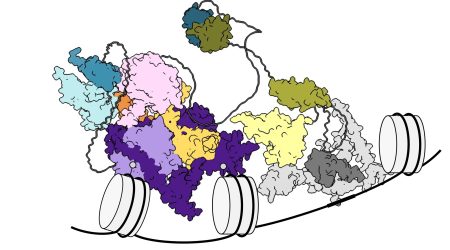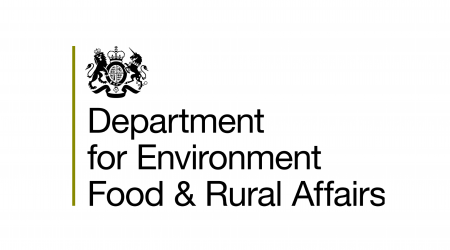Resistance is futile: making drugs from bugs

Antibiotic resistance is a major problem worldwide and there is an urgent need for new antibiotics to be developed.
Potential new drugs are usually made in the lab which is complicated and time-consuming. An international team of scientists are using bacteria found naturally in the soil to produce new antibiotics in the fight against drug-resistant “Super-bugs” such as MRSA.
Led by Professor Tony Maxwell of the John Innes Centre and Professor Lutz Heide of the Pharmazeutisches Institut, Tübingen, Germany, the team has developed ways of engineering harmless soil bacteria called Streptomyces to do the difficult chemistry for them.
Streptomyces naturally make antibiotics to kill other bacteria in the soil. Unfortunately these don’t make very good drugs for use in humans because they are not very soluble in water and so cannot get into the bloodstream easily.
The researchers have found a way to modify the bacteria to manufacture new varieties of these antibiotics that could be developed into more effective drugs. By studying variations of two natural antibiotics produced by Streptomyces, called novobiocin and clorobiocin, the scientists are determining which parts of the molecules are essential for their antibacterial activity.
They hope that by varying other parts of the molecules they can design new antibiotics with better activity and fewer side effects.
Novobiocin and clorobiocin work by interfering with how DNA, the molecule that stores genetic information, is packed into the bacterial cell. The DNA in human cells is packed differently and so these cells are not affected by the antibiotics.
“This work is an excellent example of the European Union [3] at its best, combining the forces of seven labs from five different member states to carry out work that would not be possible by in lab working alone” said Tony Maxwell.
“We are very optimistic that we can make key discoveries about these antibiotics that will help them become vital weapons in our fight against MRSA and other bacterial infections”.



